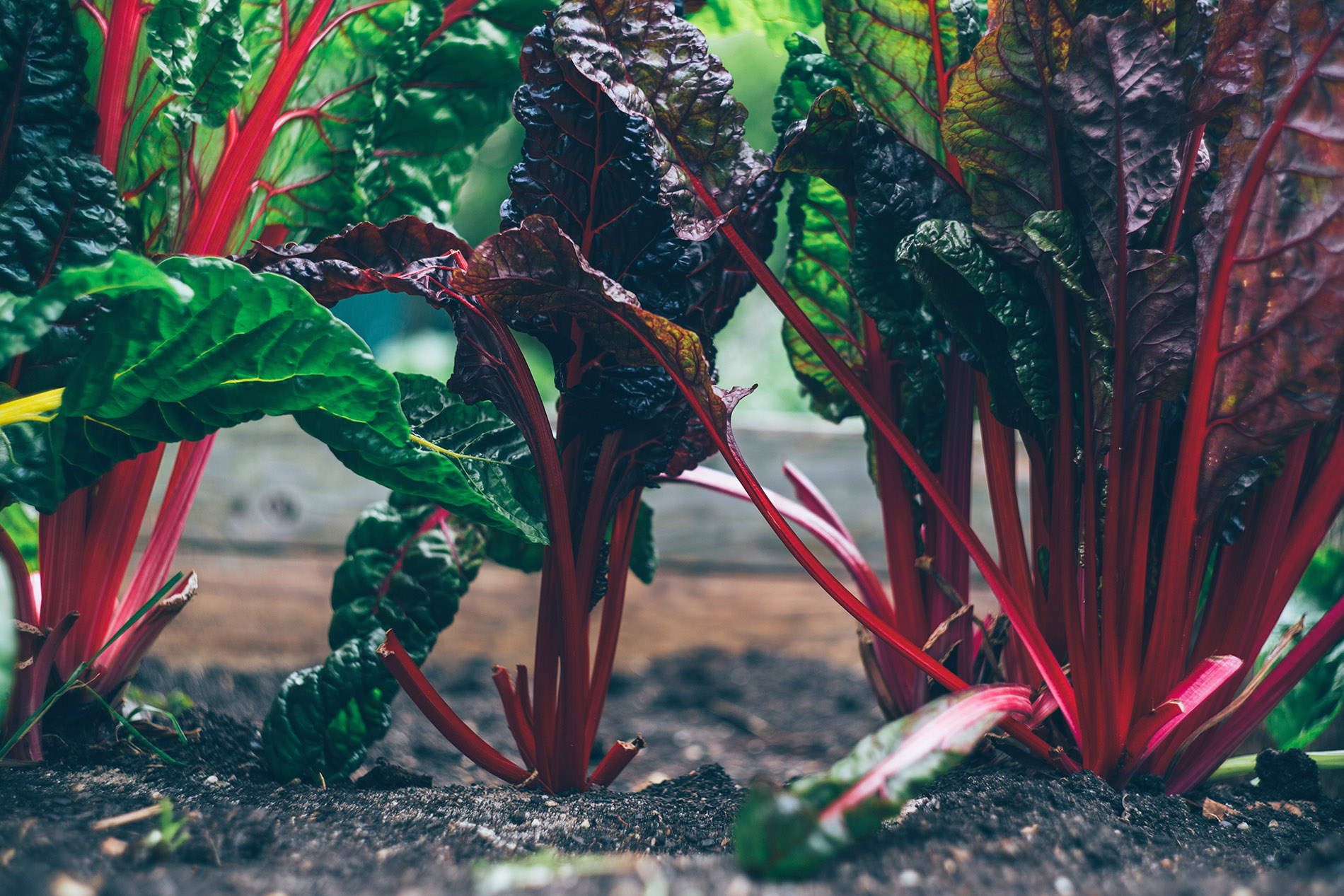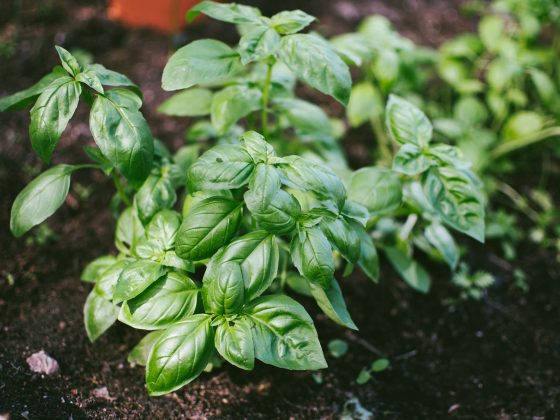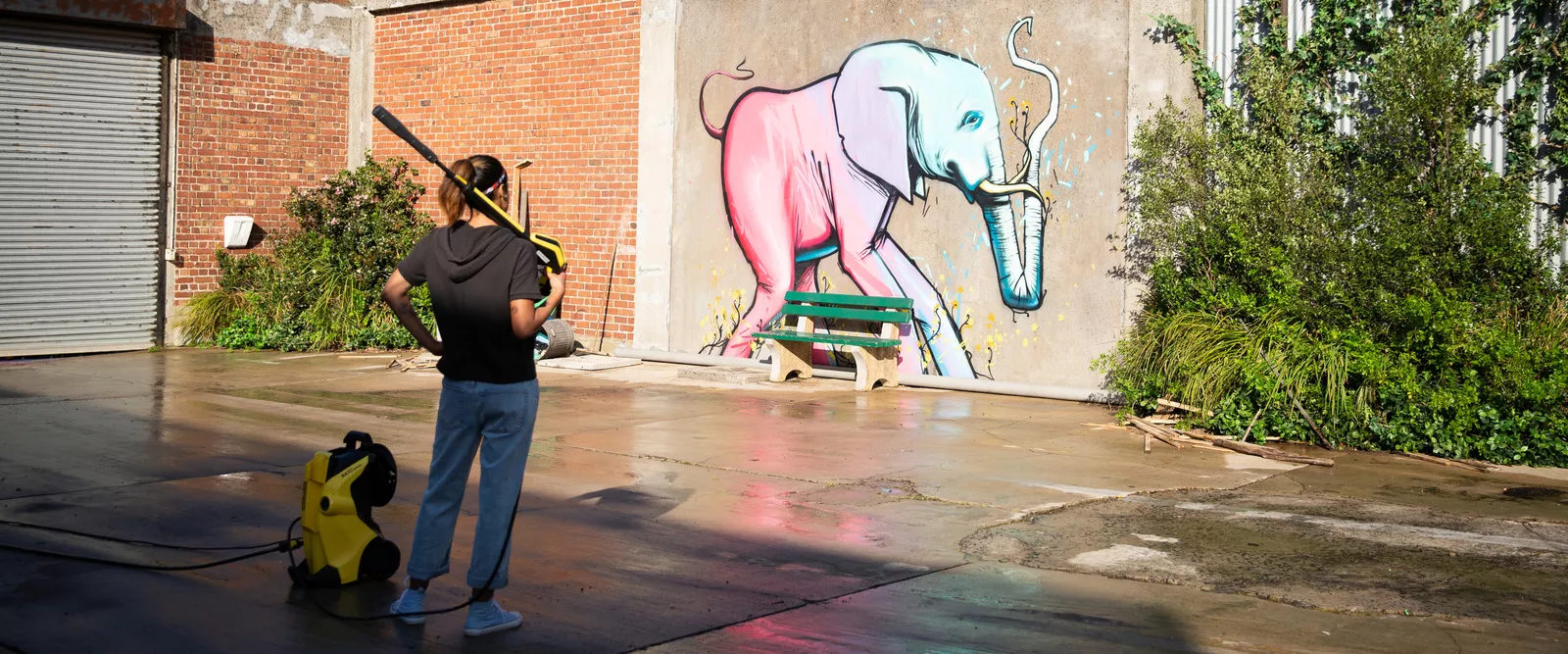After the seriously increasing effects and major consequences of climate change, we are now experiencing more than ever extreme heatwaves, droughts and damaging bushfires. Much like the devastating bushfire season we experienced here in Australia, last summer, that destroyed homes, local businesses, vegetation, National Parks and wildlife. This has therefore encouraged a need for a greener, cleaner and more sustainable environment going forward, and adapting to a ‘Circular Economy’.
The “Circular Economy” approach to waste diversion can be best demonstrated by organic farming practices, this being the way we deal with waste, where it needs to be diverted from landfills and where it can be reused. A Circular Economy can support natural systems of regeneration, whilst waste remains non-existent as it revolves through the system to complete the cycle. Traditional food systems have for numerous years supported a fast-growing population and economic growth, but have left a detrimental effect on water, soil quality, biodiversity, ecosystems and the climate.
It is now needed, more than ever, to adopt a circular economy system globally… It is absolutely vital as the future survival of the human race hangs in the balance.
The overall practice of organic farming has these amazing benefits on the environment:
- To reduce the environment’s exposure to pesticides and chemicals that can cause long term contamination in the soil and water supply.
- To promote a sound state of health and resilience for the farm land – Using compost as organic fertilizer promotes soil organic matter and fertility which will boost biological activity within the soil.
- To combat against soil erosion and degradation – organic farming builds healthy soil and helps combat serious soil and land issues, such as erosion
- To encourage water health – organic farming helps keep water supplies clean by stopping polluted runoff from toxic fertilisers and pesticides.
- To promote biodiversity – organic farming encourages healthy biodiversity, which can influence how resilient farm land is to issues like harsh weather, disease, and pests.
The Chairman of the Centre for Organic Research & Education (CORE), Mr Eric Love, has said; “The circular economy is a recent aberration of the waste hierarchy of “Reduce, Reuse Recycle… Decreasing food waste must include this multi-pronged approach because the amount of food we waste is unbelievable”.
“While the waste of food goes beyond just individuals and business owners, there are so many things we can all do today to start making a real difference. At the same time as reducing environmental impacts we can save a considerable amount of money by reducing overbuying and portion sizes, reusing left over food and ensuring we recycle everything we don’t consume”, says Mr Love. It has been found that one in five shopping bags will end up in the rubbish bin… This is equivalent to $3,800 worth of groceries per household each year. The Australian Government has estimated that food wastage costs the Australian economy up to $20 billion each year.
Over 5 million tonnes of food ends up in landfill, that is enough to fill 9,000 Olympic sized swimming pools.
“Rotting food in landfill produces methane, which is 21 times more potent than carbon dioxide as a greenhouse gas” continues Mr Love. “For every tonne of food waste in landfill, a tonne of CO2-e greenhouse gas is generated. When we waste food, we also waste the natural resources that go into making it, like land, water, energy, nutrients and carbon”.
‘National Organic Week’ will be held from 7th of September to 13th of September, here in Australia this year. The Centre for Organic Research & Education (CORE) has been actively promoting and supporting this cause nation wide for the past 15 years. CORE is urging every Australian to get involved in the cause, by either organising or participating in organic events held by your local community. You can promote and register events by clicking the following link: http://www.organicweek.net.au/core/events/register-an-event/
Another way you can promote and support organic products is to vote in the annual Consumer Choice Awards. These awards promote and reward the best, all-natural, stakeholders around the country. The CCA’s is the only industry organic awards program decided solely by consumers. Online voting will open to the public from 7th September to 9th October, for more on the awards and on how to vote visit: www.organicweek.net.au.










